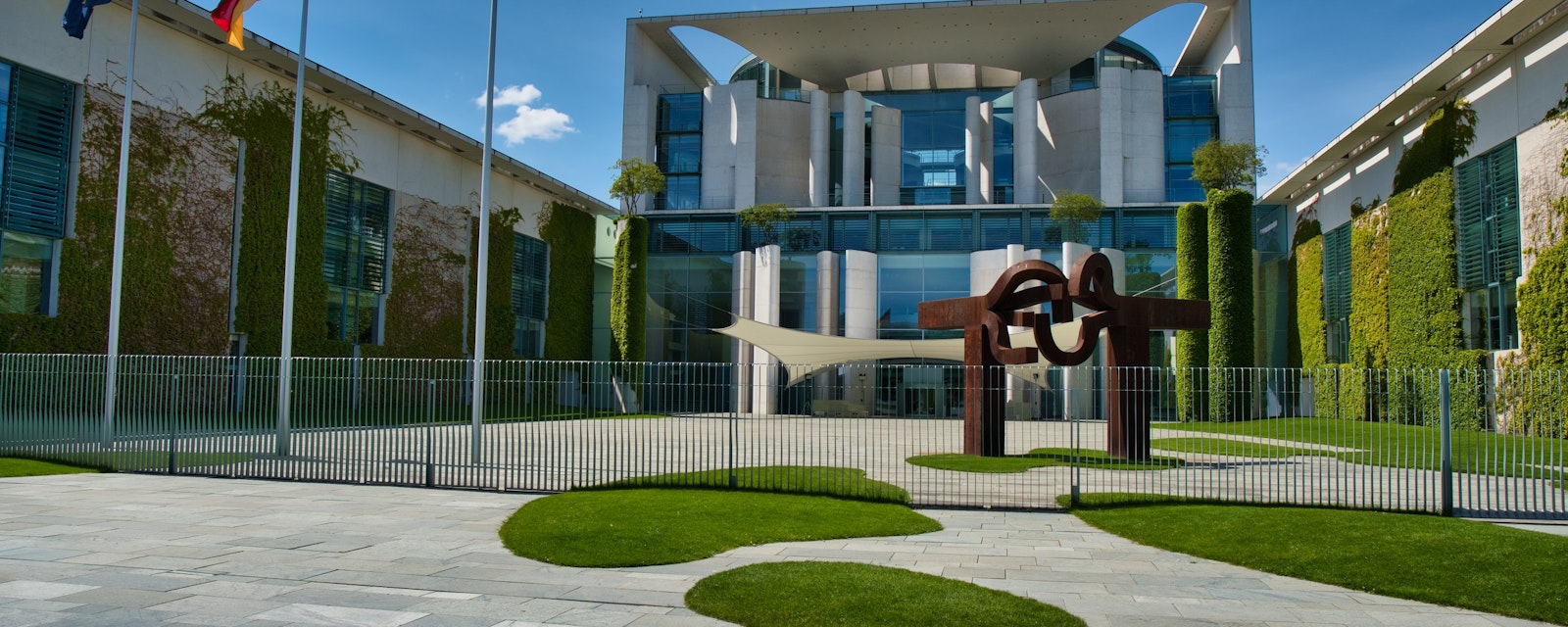Chancellor Angela Merkel’s junior coalition partners, the Social Democrats (SPD), have nominated Finance Minister Olaf Scholz as their chancellor candidate for the next Bundestag elections.
The early decision – more than one year ahead of the September 2021 polls – reflects how limited the party’s personnel options were, making Scholz the only reasonable choice. But the structural challenges faced by the SPD over the last two decades will pose a risk also in this coming election.
Scholz’s path to the chancellery leads via declining support for the Christian alliance (CDU/CSU) post Merkel, and once the pandemic has subsided. It further represents an SPD bet on managing a delicate balancing act. On the one hand, the party will advocate some degree of programmatic change via the prospect of a center-left government of SPD, Greens, and the post-communist Left. On the other hand, the SPD will offer relative continuity on the personnel front, given Scholz’s arch-pragmatic style and his current track record as a crisis manager, which might remind voters of Merkel.
The hope, then, is that the bedrock of Merkel’s electoral support coalition over the last 15 years – moderate middle-class voters – see Scholz (in conjunction with the Greens) as the true continuity offer. This might not be unrealistic. But one factor to watch will be whether the prospect of the Left being involved in government is finally becoming less toxic. Merkel herself had advocated cooperation with the Left in regional politics, to fight off the onslaught from the far-right AfD. But the Left’s internal ability to make peace with an overall more left-liberal positioning will be crucial.
The other factor to watch is whether the Greens opt for such a combination or continue their recent march toward the center right. This, in turn, will also depend on relations with the SPD, and whether either side would be willing to leave the chancellery to the other, depending on who comes first in what might be a very close race between two parties, currently polling at 15% (SPD) and 18% (Greens).
But perhaps the most significant signpost to watch will be the CDU/CSU politics of the Merkel succession. Scholz will only be able to present himself as the continuity candidate if CDU/CSU visibly depart from the Merkel formula of the last 15 years. Friedrich Merz might most clearly reflect such a change given his right-wing credentials (and despite recent allures to the Greens). In contrast, the current frontrunner, Bavarian PM Markus Soeder, has brilliantly repositioned himself at the center; it is not clear that the SPD would succeed in depicting Soeder as a risky choice given his more flamboyant public personality and his track record of changing course. Finally, North Rhine-Westphalia’s PM Armin Laschet would be entirely on the centrist Merkelian track, leaving Scholz’s pandemic crisis-fighting credentials as the main selling point.
Overall, Scholz faces some difficult balancing acts, most importantly between his party’s desire for a more leftist course and his track record as a pragmatic politician at the center. If he were to become Germany’s next chancellor, expect careful balancing vis-à-vis a center-right opposition to dominate his choices also concerning the EU and Eurozone politics – despite the recent benevolent push on the last meters of Merkel’s chancellorship.





